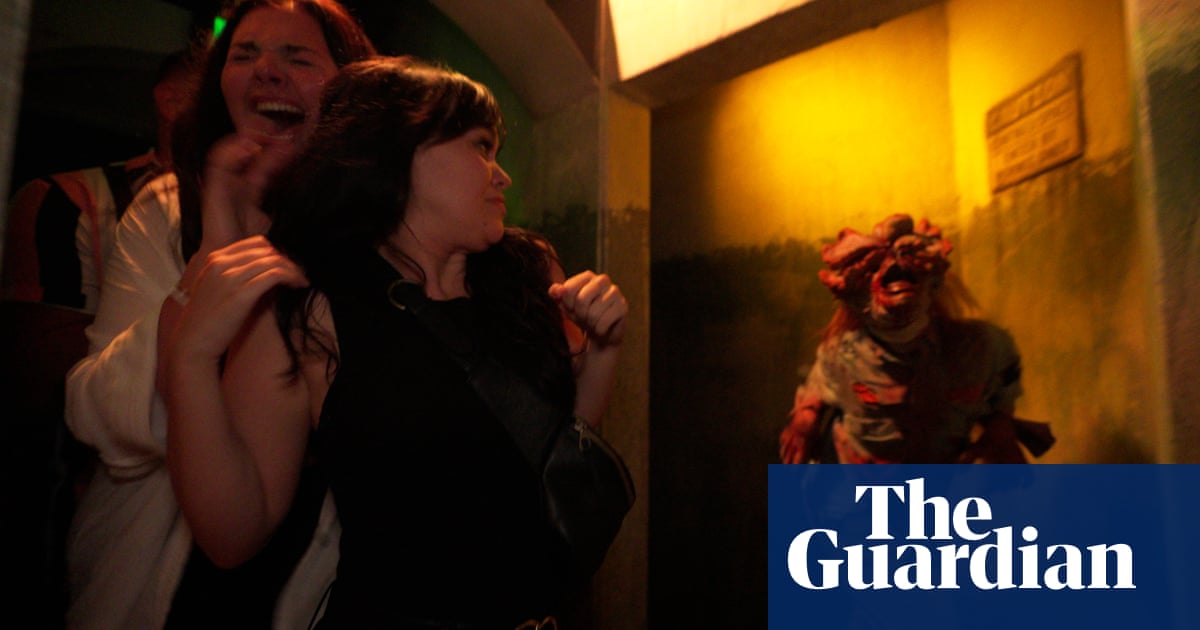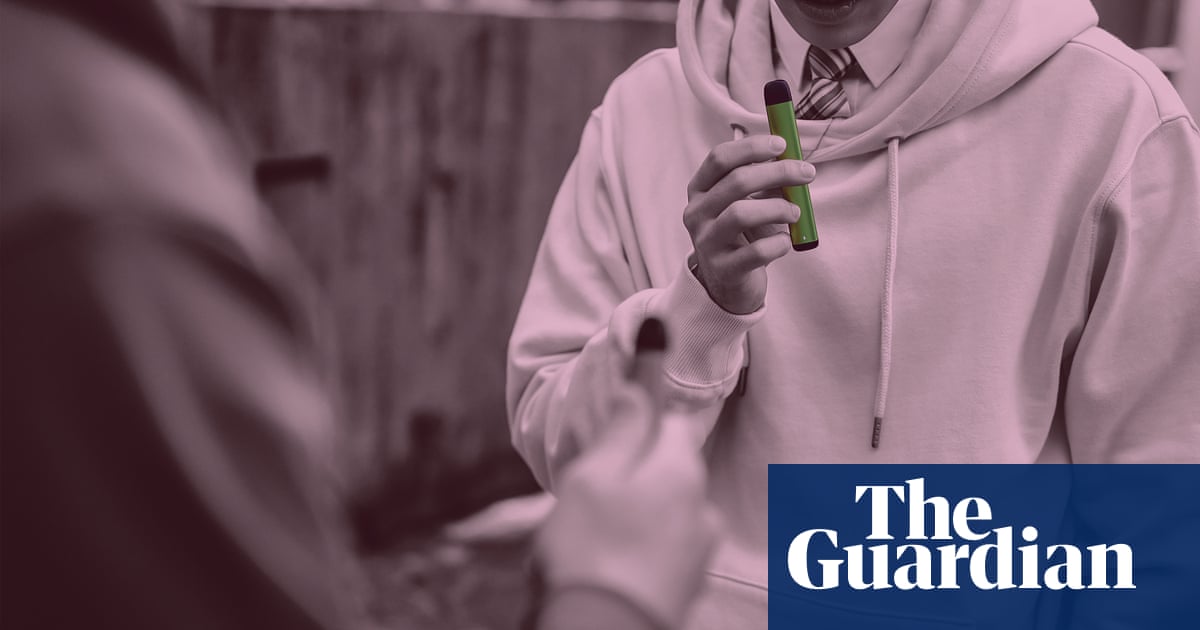
‘Take a moment to say goodbye to your old life.” This is what Kit Harington said earlier this year, when asked what advice he’d give to fellow new parents. The actor, best known as the angst-ridden bastard prince Jon Snow in the fantasy series Game of Thrones, regretted not having held a proper celebration before the birth of his son in January.
Harington said he would have liked to mark the occasion “with a kind of stag”. “You’re so prepped about gearing up for being a parent that you forget. And then it’s too late. It’s gone.” Yet it’s the kind of sob story that’s likely to invite eye-rolls from mothers, for whom this approach to having a baby is not a matter of negotiation.
But while few new fathers will admit it in public, many will recognise the sentiment. During the latter months of my wife’s pregnancy I found myself staying out longer than I meant to, as if my subconscious was warning me that pub hours might be limited in the near future. (It’s probably for the best that my subconscious didn’t know anything about viruses.) You can see why some men, and their partners, are concluding it might be safer to formalise the arrangement.
Anecdotally at least, Harington is not alone: pre-baby celebrations are on the rise. With heterosexual marriages at their lowest level since 1862, pre-wedding stags dos are less of a thing. For men wanting to mark a new phase in their life, the birth of a first child is the obvious moment.
“There’s been a steady increase in the number of inquiries for baby stags – otherwise known as dadchelor parties, over the past few years,” says Rob Hill, chief executive of bookings site Fizzbox. Compared with stags, Hill adds, these “dad dos” tend to be cheaper, shorter and more local, with 95% taking place in the UK. The dads-to-be may not be paintballing in Prague or bungee-jumping in Budapest, but you could find them quad biking in Liverpool or playing bubble football in Manchester.
Many fathers-to-be feel the events they have in mind bear little relation to the traditional stag. Nomenclature is also an issue. “Dad do” seems preferable to “baby stag”, which is superior to “dadchelor party”, but none feels quite right. The link with old-fashioned stags, and their connotations of laborious organised fun with near strangers, doesn’t do justice to the breadth of motivation behind these novel celebrations.
Three years ago, with his baby’s due date approaching, architect Eddie Blake, 38, and a few close friends cycled out to Essex from London to drink and mark the impending arrival.
“My girlfriend Laura and I aren’t married, so I haven’t had a stag do. I wanted some recognition of the shift in my circumstances as I became a father,” he says. “We got drunk, but it wasn’t a Bratislava-type strippers thing. It was emotional, having old friends being there for you, and acknowledging that it’s a big thing that’s about to happen to you but it’s going to be fun.
“One of the friends had already had a kid, so he passed down some wisdom. He also gave me a little tie to attach the dummy to the baby’s suit so you don’t endlessly lose dummies. We talked about being kind and generous with your partner, and avoiding the vicious 3am sleep-deprived arguments. The beast from the east was blowing, which lent things a certain portentousness. Cycling is good for talking.”
It was helpful, Blake says, that the event didn’t come with the baggage of a stag do. “I’m awkward around stags, especially if there’s destructive behaviour. But this felt like a new idea. There’s a lot of ritualised attention around the mother at the time of the birth, so trying to invent a ritual around the new father role felt like a sensible thing to do.”
Roi Perez, 31, a social media account director, and his wife, Sophie, are expecting their first child in early December. He’s planning to have a night out with friends before the birth, but rejects the idea he is mourning his party era. “I’ve had comments from people telling me my days are numbered,” he says, “but I think of it more as a next step.”
During the pregnancy, Perez says he has been struck by how little sharing goes on between men about what’s about to happen. “Women get together to share baby information. Nothing like that would ever happen with guys. Women are much better at communicating with each other so they’re really good at transferring that knowledge. I’ve been making a conscious effort to get involved, because if you don’t you can feel peripheral. Hopefully, this event will be part of that. I don’t want it to be too laddy, because that’s not the point.”
For Blake, the event was also a recognition that he planned to take his paternal duties seriously. “There are a lot of questions around masculinity when you are deciding to be a more involved dad, because you are taking on more of the mothering role. It’s uncharted territory.”
Laura supported his paterni-tour. “It was only a month before the birth, so there was a bit of jeopardy,” he says. “She told me not to go much further than we did.” In the end, the baby came a week early. “She said: ‘Thank god you’re not in Essex, because I’d have been really angry’.”
Not everyone will agree that British culture is in need of another ritual in which men go off to get drunk with their mates. And while Blake and Perez want to create meaningful markers, some fathers-to-be do crave a traditional bender.
“I’m terrified it might be my last chance of behaving like Kevin and Perry without knowing I’ve got a kid at home that I’m letting down,” says Ben, 39, an accountant. He is expecting his first child later this year but planning a week in Ibiza with a mate first. “My girlfriend’s not happy, but I’ve made it a red-line issue. I’ve said I’ll pay for her to go anywhere she wants with a friend next year. She’s threatening that if I insist on doing this, her price might be that we have to get married. I admit that has given me second thoughts, but we’ve paid our deposit at the beach club now.”
Others are more conflicted. “I worked hard to justify my baby stag to myself,” says James, 35, a lecturer in Newcastle, who went for a weekend in Berlin before the birth of his son. “I felt guilty that I could do something my partner wasn’t able to do in the same way. She took the mick and found it funny that I felt the need to go away and cut loose. I tried to balance being as conscientious as possible with the approaching-middle-age anxiety that this would be the end of my life.”
He says that he is conscious of being more present than his own father was. “Without getting too psychoanalytic, my dad was useless,” he says. “He didn’t change his life at all when we were born. Whenever I do something that feels like it’s male behaviour of a previous generation, like getting wrecked in Berlin, I worry that I’m just going to end up a crappy dad.”
Like many modern celebrations, the dad do started in the US. The baby shower, another American import, is also increasing in popularity, but they tend to be about anointment rather than escape. They look forward to the new chapter, often with cupcakes, rather than back at vanished hedonism. The existence of the dad do implies a recognition that having a baby will mean a lifestyle change for the father as well as for the mother.
“The rise of baby stags reflects a generational shift in fathering practices,” says Dr Jeremy Davies, from “think and do tank” the Fatherhood Institute. “For my father’s generation there might have been a cigar after the birth, but beyond that it was business as usual. It wasn’t your role to do the hands-on stuff.”
Covid has accelerated the shift in domestic duties. A Fatherhood Institute report found that, since the pandemic, 78% of fathers were spending more time with their children, and 59% were doing more of the housework. But while the attitudes of new parents may be evolving, the social structures haven’t caught up. “Young people imagine that they are going to share the earning and caregiving responsibilities as equally as possible,” says Davies. “But then, when the child arrives, they realise that society is still set up to support women to do all the caring and push the men off to work.”
Although shared parental leave is on the rise, Britain lags behind many of its European peers in attitudes to child rearing. “There’s very little done by statutory services to help dads, so young men are finding their own way through this. But they’re feeling their way in the dark.”
Increasing numbers of baby stags at least shows that men now recognise this and are trying to rectify it. Starting with a big night out.












